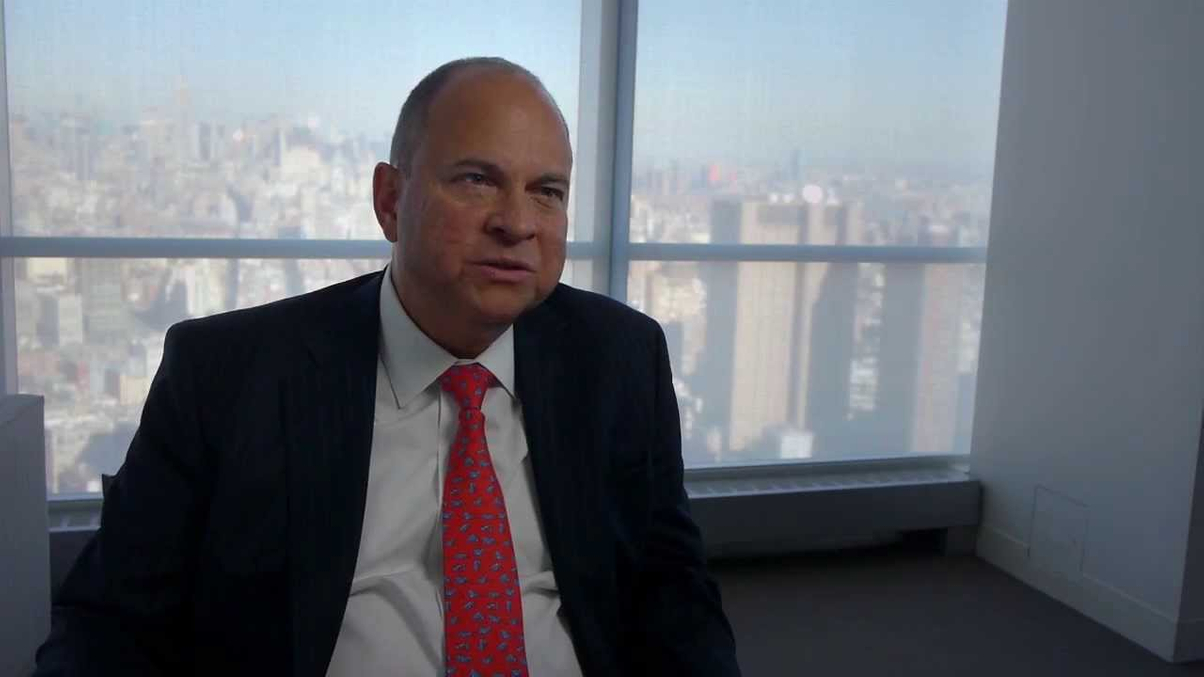Asia instos leading in smart beta: MSCI
MSCI head Henry Fernandez identifies those Asian institutions engaged in the most sophisticated use of smart-beta tools.

The head of global indexing firm MSCI believes some Asian institutional investors have surpassed Western peers in terms of sophistication regarding smart beta strategies.
Sign in to read on!
Registered users get 2 free articles in 30 days.
Subscribers have full unlimited access to AsianInvestor
Not signed up? New users get 2 free articles per month, plus a 7-day unlimited free trial.
¬ Haymarket Media Limited. All rights reserved.


